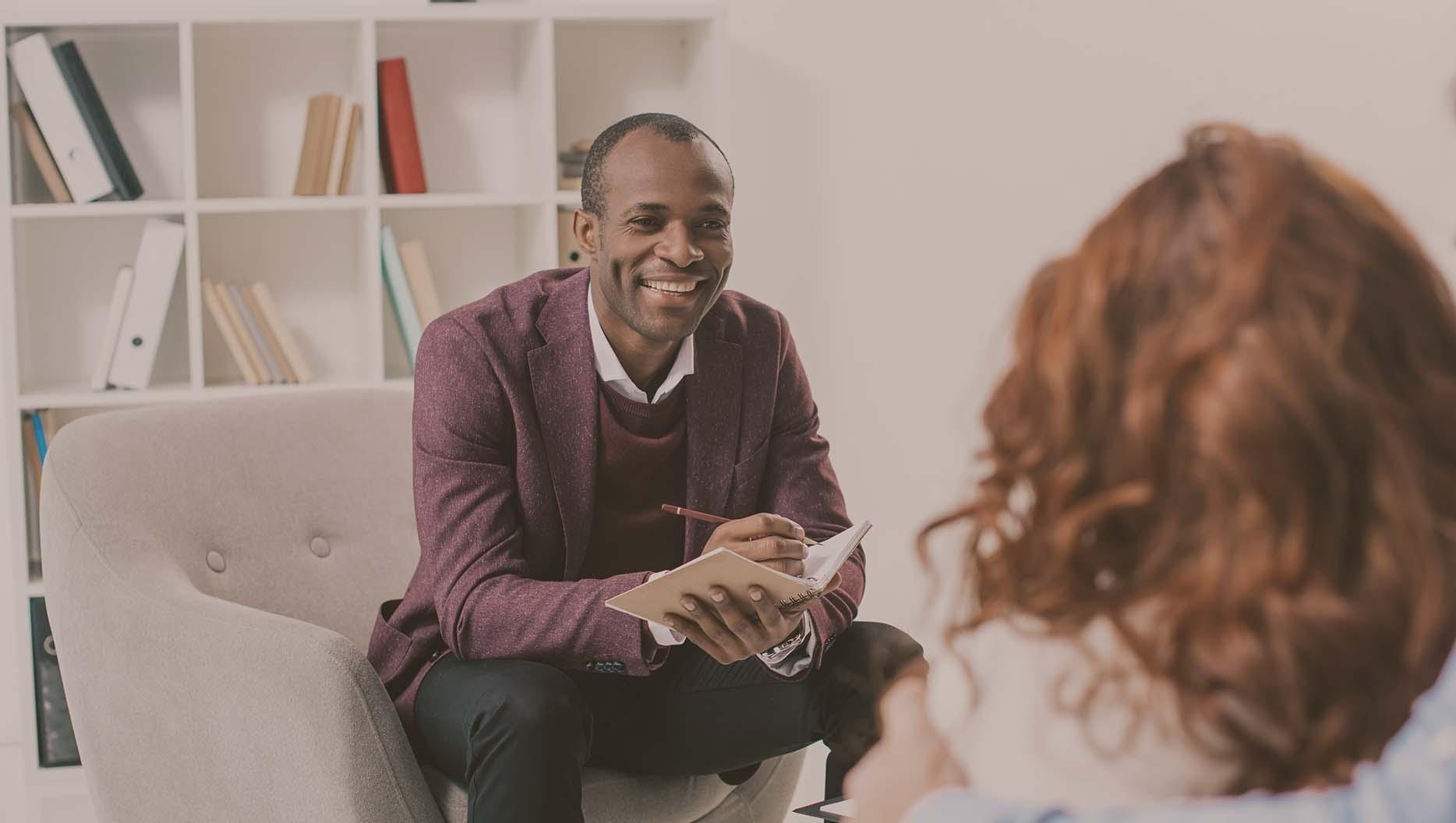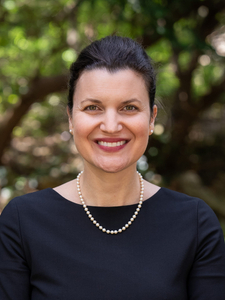The person you are going to meet with may be older than you. Or younger than you. Perhaps they are from a different part of the country—or from another country. It may be a spouse in distress or a person who is contemplating a major life decision. Given the vast differences in people and situations, no single approach always applies the first time you sit down with someone to offer help. Even so, there are ways you can be ready to conduct a first session so that it proves to be a productive time. What are those ways? How can you best ensure that a person leaving that first meeting with you feels hopeful about the help that can come from a fruitful counseling relationship?
In my experience, the best way to make a meaningful connection with someone in a first session is to keep the following in mind:
Something hurts. People don’t come to counseling to talk about things that are going well. Something isn’t working. Something is hard. If I hold in mind that something hurts, then my fundamental posture toward this person will be one of compassion (Col 3:12).
Pursuing counseling is not fun or easy. Who wants to go to counseling? Not many of us. Who wants to divulge sensitive and private information to someone we may have just met? Again, not many of us. If you have ever pursued counseling for yourself, you know that it is not an easy endeavor. Pursuing growth is difficult. You must be willing to admit that you have problems, and it requires humility to open up to someone and ask for help. You must be willing to hear and receive feedback, which requires the humility of listening. You must be willing to consider that feedback and implement changes in your life—how you think, act, and react—which requires commitment and faith. You must be willing to put in time, effort, and maybe money, which requires sacrifice. It is no small thing when someone decides to pursue counseling, works out the scheduling details, and finally sits down to meet for the first time.
I try to put myself in the other person’s shoes. As I remember that this person has made a choice to do something that I know is not easy, then I will look for ways to honor that choice by doing all I can to make the time helpful for the counselee (1 Thess 5:11).
I do not yet know this person. I want to know this person. This is an individual with unique experiences. I have never heard this particular story. I want to build reasons for trust. Therefore, I go in humbly and ready to give my full attention. I am earnest to understand, earnest to listen, earnest to connect (Rom 12:9a; Prov 18:4).
Likewise, this person does not yet know me. I want this person to begin to know me. I want to be myself. I want the person to experience me as I always am, no matter what context I am in.
I want the counsel seeker to leave feeling hopeful and encouraged because something truly good has begun. Obviously a first session does not afford the time to comprehensively address problems. However, a good first session should leave the person feeling hopeful and encouraged that he or she can be helped and that counseling may be one effective way to bring about change and growth (Prov 15:22). This is a reasonable goal for a first session. Therefore, I will be on the lookout for ways to bring hope and encouragement throughout the conversation. And I will likely offer specific and explicit encouragement toward the end of the session.
Let these realities orient you as you prepare to meet your new counselee. They will help you approach your first session with care and intentionality. And they are in step with what God calls us to as biblical counselors, which is that you and I embody who he is, especially in living out the call to love one another well and wisely. Lord, make it so!




